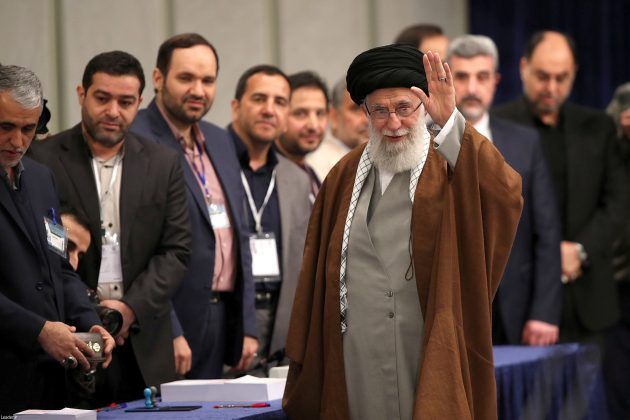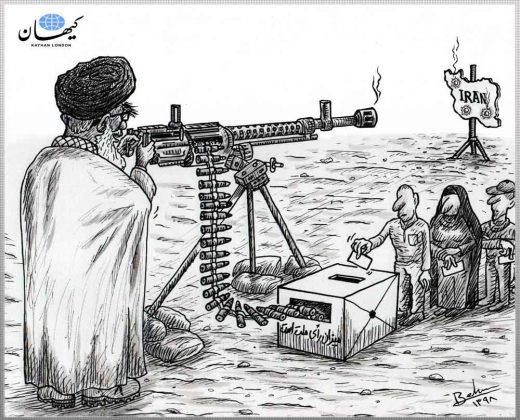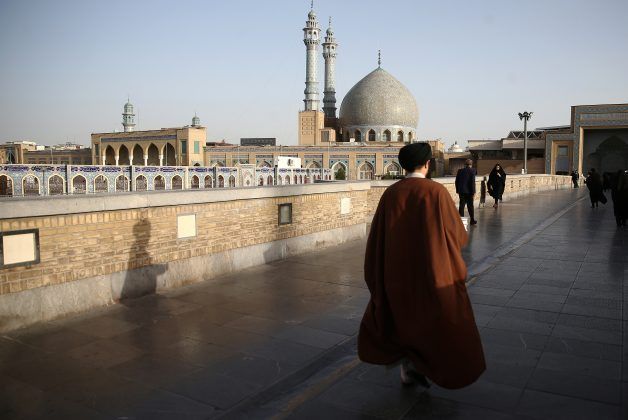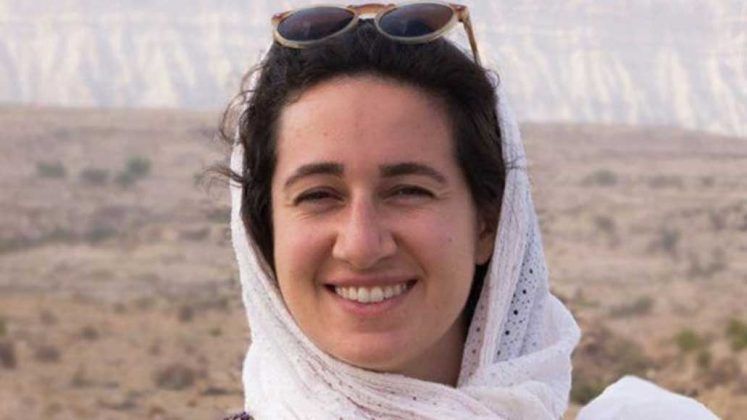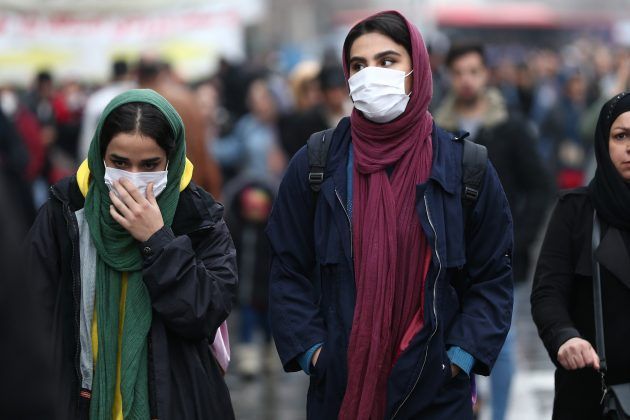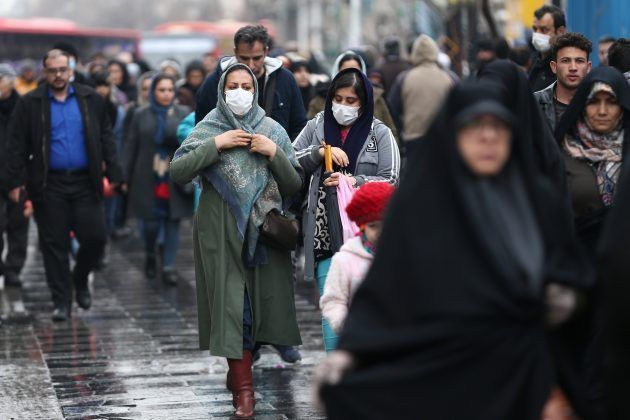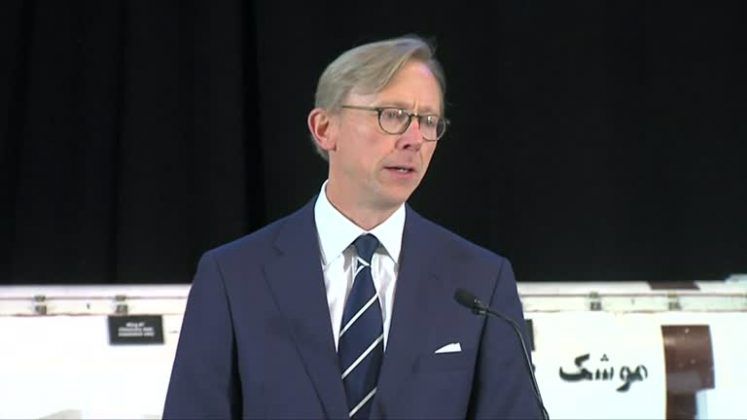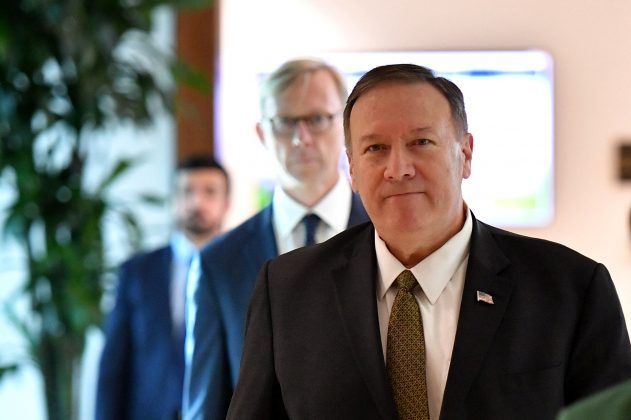As Iran held its parliamentary elections on Friday, forecasts about voter turnout and likely candidate selection dominated the news. Reuters reported that about 11 million of 58 million eligible voters had cast their ballots seven hours after the polls opened, while Iran’s State television said voting hours could be extended if turnout during the allotted 10 hour voting period was low.
Western media noted that the youth and women in Iran had been left disillusioned by the elections, a development which could affect voter turnout. Women and young people make up the majority of voters in Iran.
That disillusionment may have stemmed in part from the thousands of moderate and conservative nominees who were curtailed during the vetting process. Vetting of candidates is carried out by The Guardian Council, a hardline-heavy body overseeing the election process.
The disqualifications led the U.S. State Department to announce new sanctions on five members of Iran’s Guardian Council and its Elections Supervision Committee for what the Department called their role in denying Iranians the right to free and fair elections.
U.S. Special Representative for Iran, Brian Hook, gave a briefing about Iran this week, in which he also announced the new sanctions.
Ahmad Jannati, the Secretary of the Guardian Council, was among those sanctioned by the State Department on Thursday, as well as Mohammad Yazdi, a senior member of the council and former head of Iran’s judiciary.
U.S. Secretary of State Mike Pompeo continued on with his tour of the Middle East, meeting with Saudi Arabia’s Ambassador, John Abizaid, to discuss Iran, the death of former Quds Force leader Qassem Soleimani, the attack on an oil facility in Saudi Arabia, and the ongoing tensions in the region. During the conference, Ambassador Abizaid, said, “It’s really important for us to understand who is the aggressor in the region, and it’s no doubt it’s the Iranians.”
Meanwhile, the Coronavirus spread to several cities in Iran, with a current total of 18 confirmed cases. Iran’s official news agency, IRNA, said the virus was first identified in the city of Qom, which has the largest number of confirmed cases, and has now reached Tehran, Babol, Arak, Isfahan, Rasht and several other cities. A health ministry official in Iran, Minou Mohrez said, “It’s possible that [the virus] exists in all cities in Iran.”
- Iran’s Central Bank got defensive this week, as pressure mounted for the Iranian government to implement the Financial Action Task Force (FATF) regulations.
→ Link to source
- An open letter to the Iranian people, government and judiciary seeks the release of detained teachers and trade union activists who took part in peaceful anti-government protests.
→ Link to source
- One of the lawyers suing Iran’s government for $1.1 billion on behalf of victims of the Ukrainian plane crash, explains why the lead plaintiff in the case is known only as John Doe.
→ Link to source.
- An Iranian-American author and former reporter for the New York Times has written a book specially for children of the Iranian diaspora.
→ Link to source.

